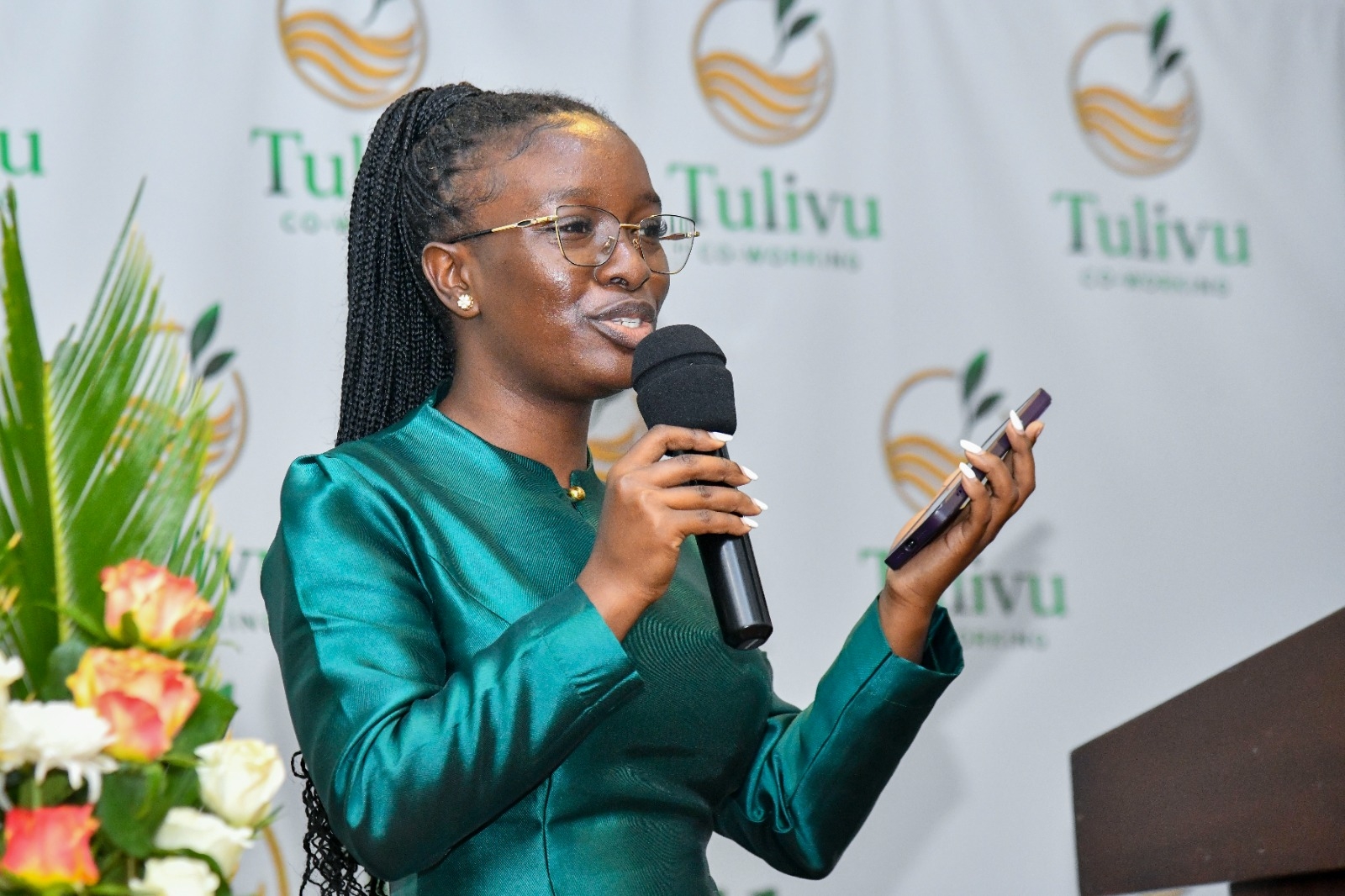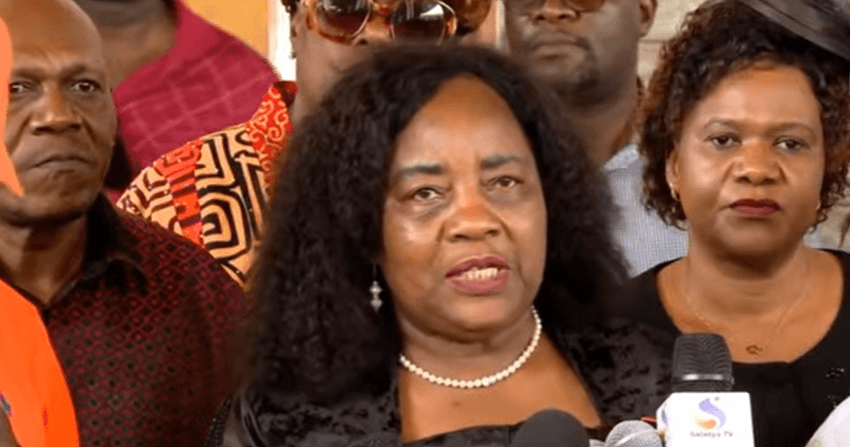Religious leaders in Homa Bay have expressed worries that a proposed bill seeking to regulate religion will kill the freedom of worship.
The clerics said the Religious Organisations Bill 2024 should not be implemented.
The Bill seeks to regulate the formation and administration of religious organisations. It also provides for the registration.
Clergies led by Interfaith Council of Kenya chairman Abrahams Odongo, his deputy Nuhu Masud, National Council of Churches of Kenyan Secretary Kennedy Odeny and Homa Bay Bishops and Pastors Unity chairman Elijah Kwanya said they are all against the Bill.
Section 35 of the Bill requires religious organisations to update their registers to provide details of any new members and those who have left.
According to the cleric, the government can only set boundaries for religion but should not interfere with its affairs.
Part of the Bill proposed that religious groups be governed by a board of trustees, at least two-thirds of whom are Kenyan citizens.
On Wednesday, Odongo dismissed this, saying religious groups are often led by people who receive a calling from God.
“The government shouldn’t take up the mandate of regulatory bodies like NCCK through retrogressive laws. Religion is independent and shouldn’t politicised,” he said.
Masud, the Supreme Council of Kenyan Muslim Secretary in Homa Bay, said clerics have been instrumental in managing government activities.
He said clerics have often been at the centre stage of most national activities including decision-making.
Masud asked President William Ruto not to sign the Bill into law.
“Let religious leaders be allowed to worship without any interference. Let President William Ruto reject the bill and send it back for a total overhaul,” Masud said.
Bishop Kwanya, who also leads the Voice of Salvation and Healing Ministries, said Kenya is likely to be like the reign of former Ugandan president Idi Amin when religious leaders faced difficulties in doing their work.
Kenya National Congress Bishop George Arina said religious leaders are volunteers who do not have a stable source of income.
He called on clerics from other regions to reject the Bill.
"We will not go for protest but instead conduct prayers for the Bill to be dropped," Bishop Arina said.
Clerics worry about the possibility of school children going astray when the Bill is passed because churches will have to seek permission from parents before engaging children in religious matters.
Bishop Arina said some clerics have been teaching children in boarding secondary schools.
He said it would be difficult to get permission from parents.
The Bill has already been introduced in the Senate for the First Reading following sittings by the Senate ad-hoc committee after its inquiry into the mass deaths in Shakhahola, Kilifi county linked to religious extremists.
















